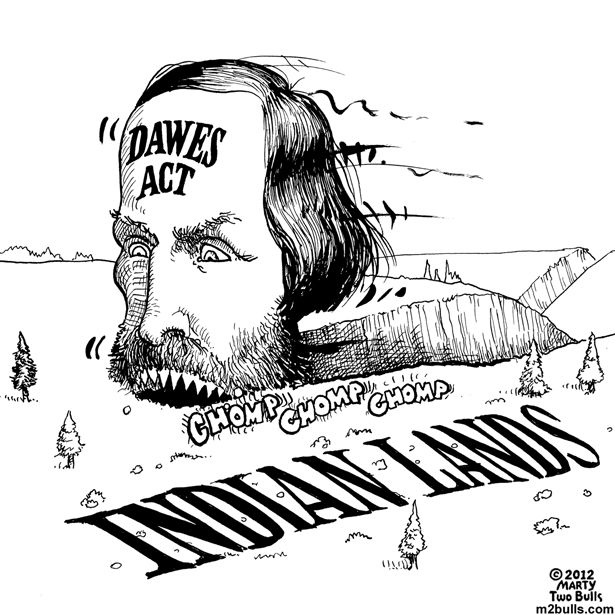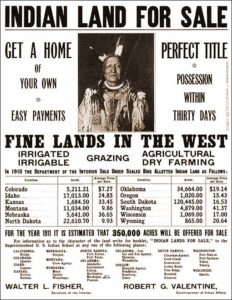
(Source) The Atlantic (0:15)
1830: Indian Removal Act
Passed by President Andrew Jackson, the law stated that the Five Civilized Tribes must relocate west of the Mississippi River where the land would be theirs. The tribes refused and were rounded up by the US Army and forced to march 800 miles, killing thousands due to starvation, brutality and disease. In 1956, the government once again pushed Native Americans off their land, with the Indian Relocation Act.


